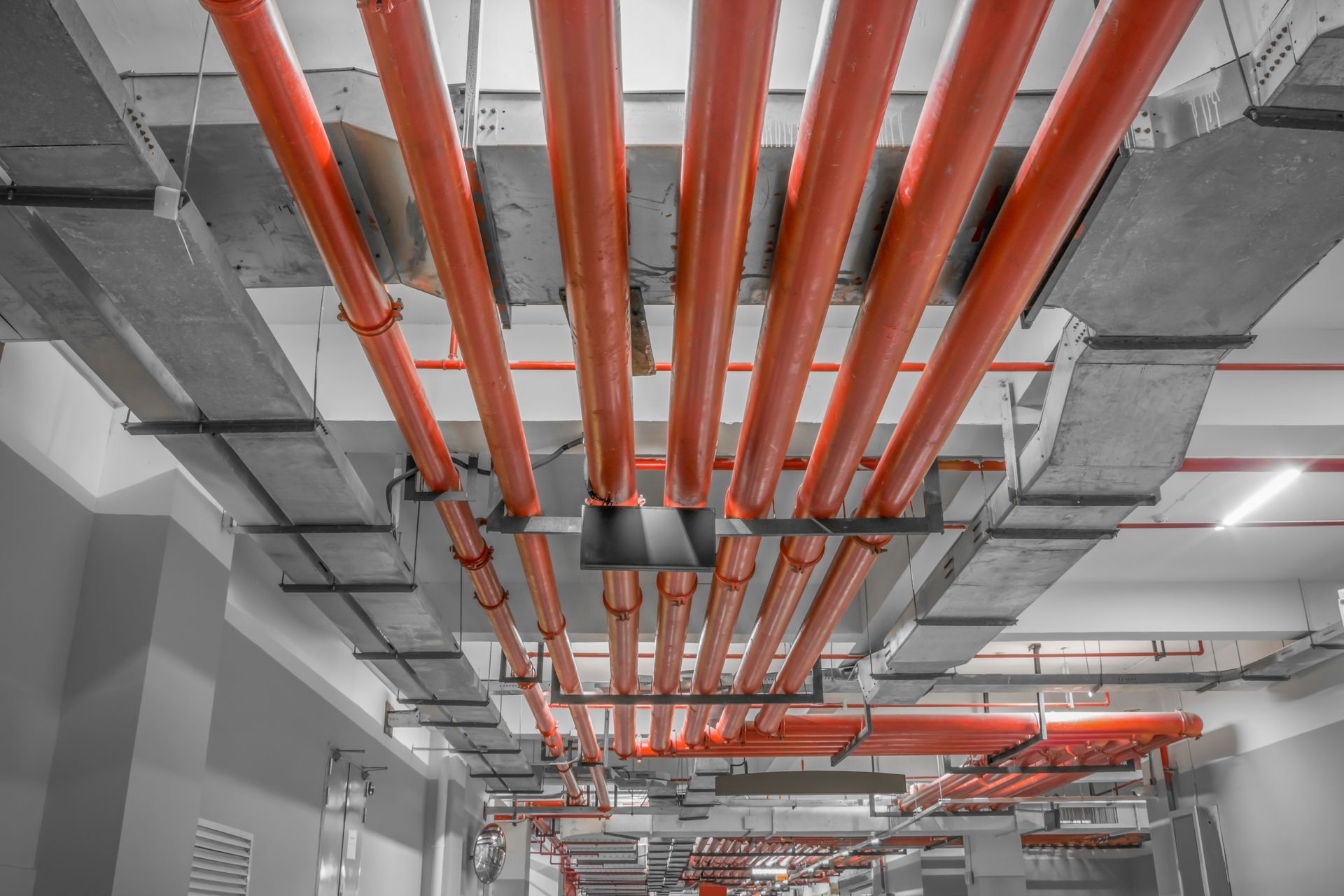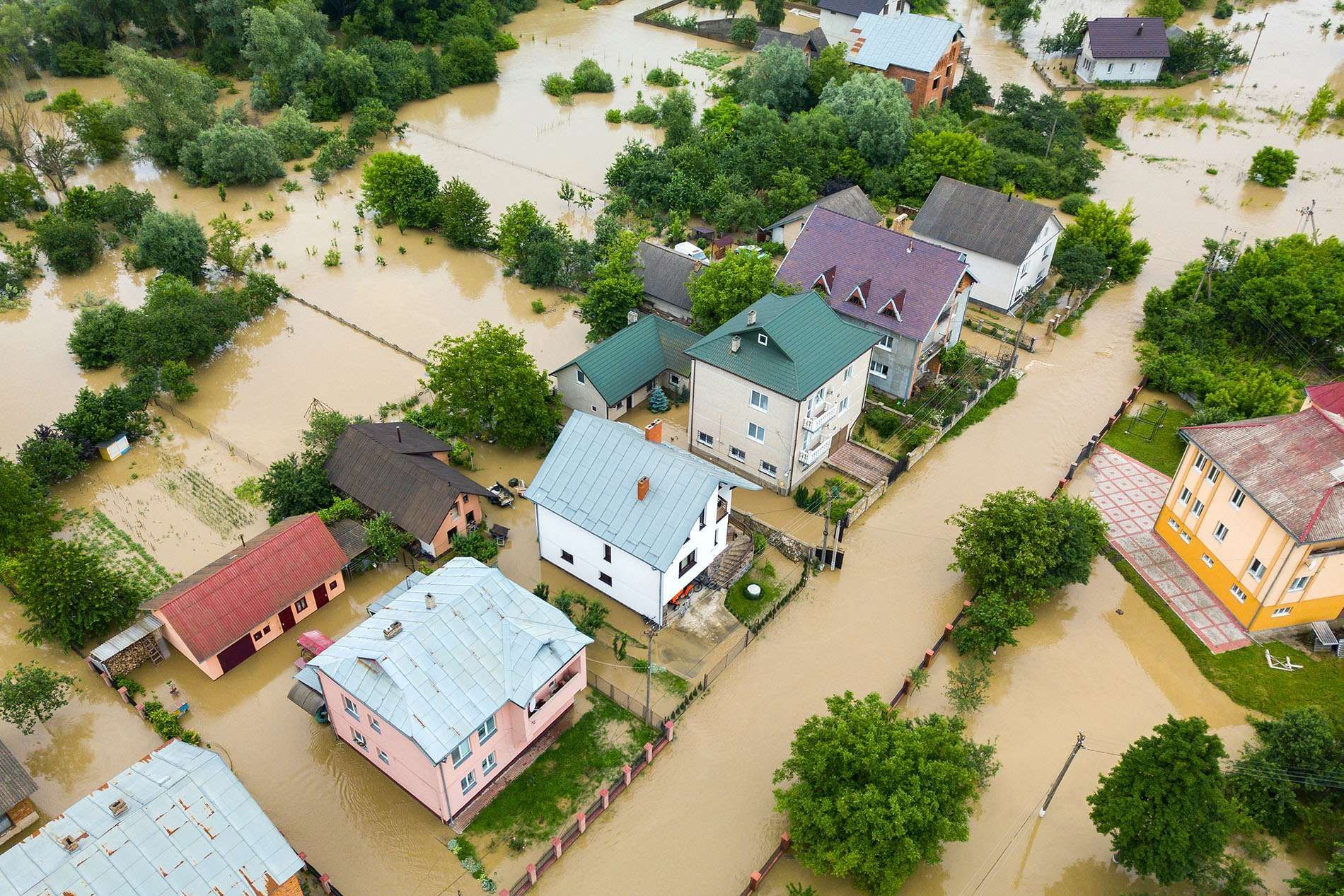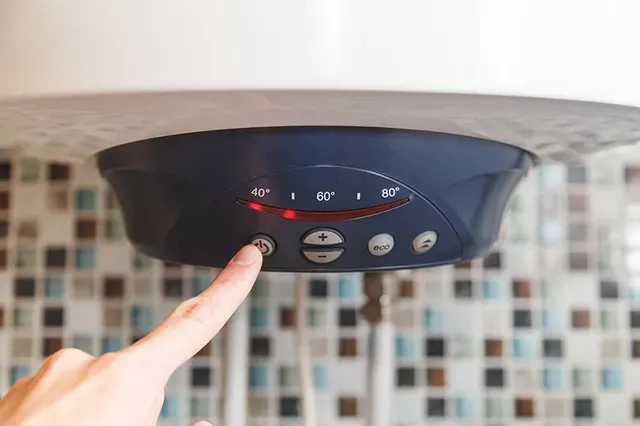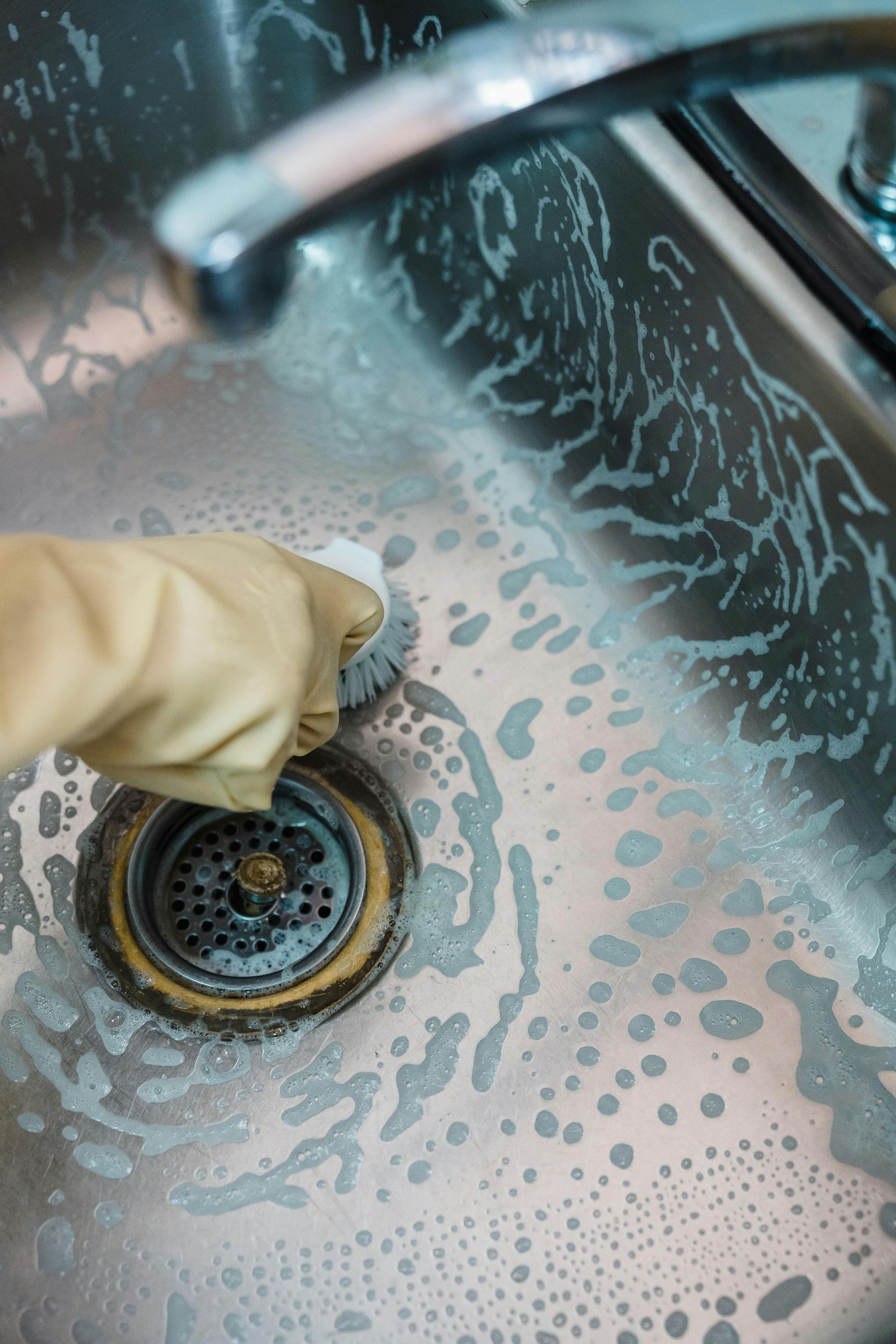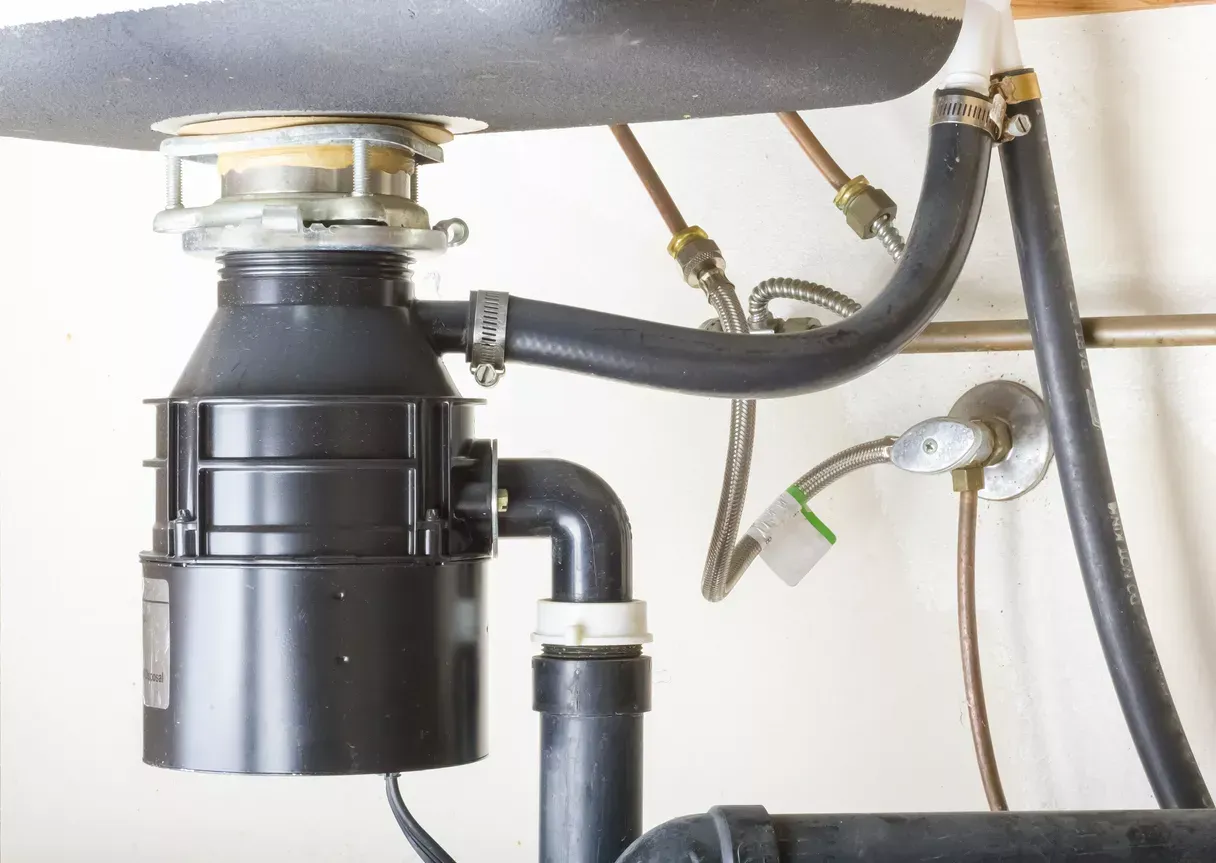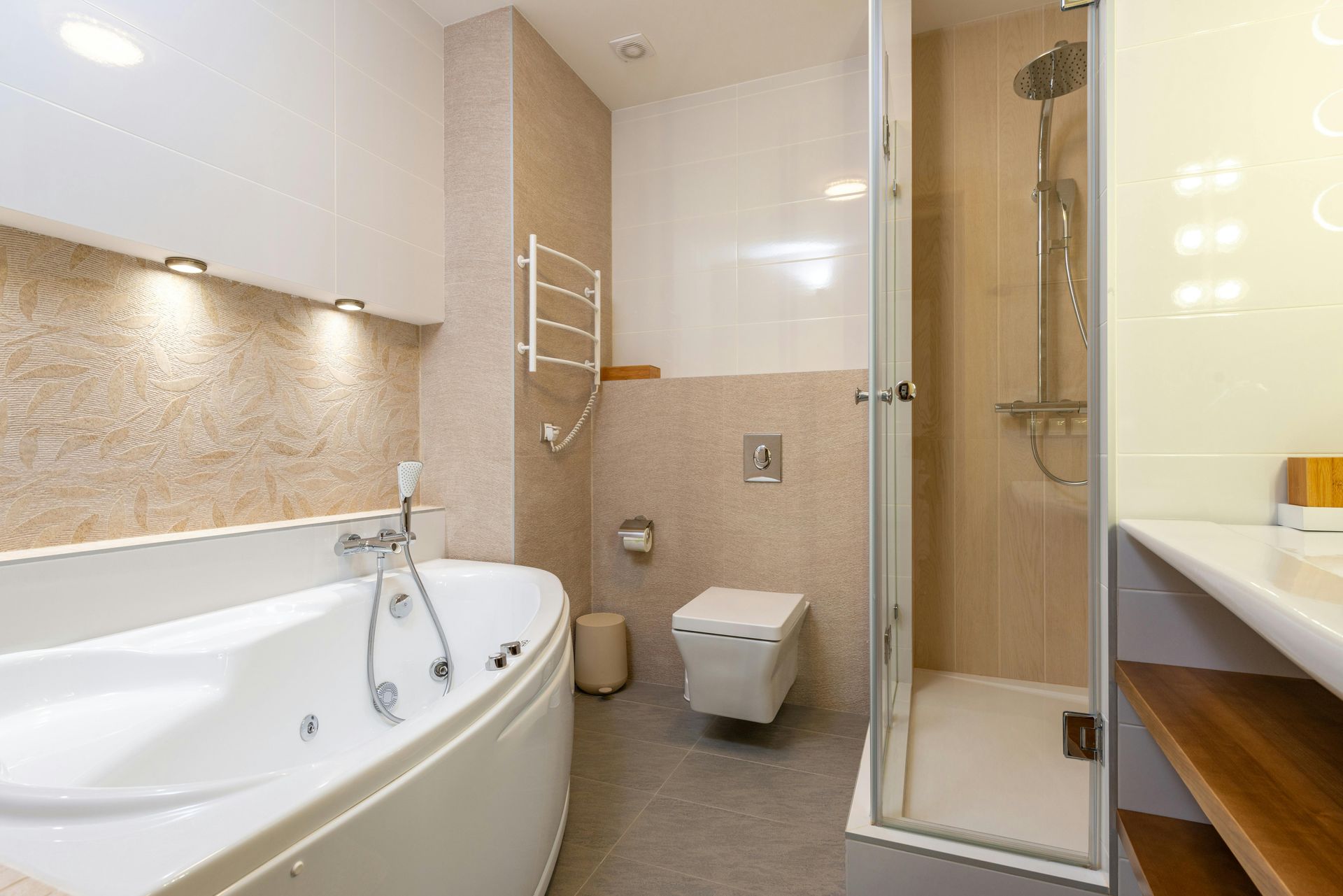The Benefits of Trenchless Sewer Line Replacement
When it comes to sewer line issues, many homeowners dread the thought of disruptive and costly repairs. Traditional sewer line replacement often involves digging up yards, tearing through driveways, and disrupting the daily flow of life. Enter trenchless sewer line replacement—a modern, efficient alternative that eliminates much of the hassle associated with traditional methods. But what exactly is trenchless sewer line replacement, and why is it becoming the preferred choice for many property owners? Let’s explore the in-depth benefits of this innovative approach.
"What to Expect During a Sewer Line Replacement"
Understanding Trenchless Sewer Line Replacement
Before diving into the benefits, it’s essential to understand what trenchless sewer line replacement entails. Unlike traditional methods that require extensive digging to expose and replace the entire sewer line, trenchless technology uses advanced techniques to repair or replace pipes with minimal excavation.
Two of the most common trenchless methods are:
Pipe Bursting: A new pipe is pulled through the old one, breaking the damaged pipe apart as the new one replaces it.
Cured-in-Place Pipe (CIPP): A flexible, resin-coated liner is inserted into the damaged pipe and hardened to create a seamless, durable new pipe inside the old one.
Now that we’ve established how it works, let’s delve into why trenchless sewer line replacement is a game-changer for homeowners.
Minimal Disruption to Property
One of the standout benefits of trenchless sewer line replacement is the minimal impact it has on your property. Traditional methods require digging large trenches across your yard, often destroying landscaping, driveways, and even patios. Trenchless methods, on the other hand, only require small access points at either end of the damaged pipe.
This means your garden, trees, and other landscaping features remain intact, and you won’t have to spend additional time and money on restoring your property after the repair. It’s a solution that not only saves effort but also preserves the aesthetic and functional value of your outdoor spaces.
Faster Completion Times
Time is of the essence when dealing with sewer line problems, especially if they disrupt your daily routine. Traditional sewer line replacement can take days or even weeks, depending on the extent of excavation and restoration required. Trenchless sewer line replacement is significantly faster, often completed within a day or two.
This efficiency is a boon for busy homeowners and businesses that cannot afford extended downtime. With trenchless technology, you’ll have your sewer system back in working order in record time, minimizing inconvenience.
Cost-Effective Over the Long Run
While trenchless sewer line replacement may have a higher upfront cost than traditional methods, it often proves more cost-effective in the long run. Traditional replacement involves not only the expense of digging and pipe replacement but also the cost of restoring landscaping, driveways, or other structures. These additional restoration costs can quickly add up, making traditional methods more expensive overall.
Trenchless methods eliminate most of these restoration expenses, providing a more straightforward and predictable financial investment. Furthermore, the durability of the materials used in trenchless replacements ensures fewer repairs and lower maintenance costs in the future.
Environmentally Friendly
Trenchless sewer line replacement is an eco-friendly option that aligns with sustainable practices. Traditional methods involve excavating large amounts of soil, which can disrupt ecosystems, harm trees, and contribute to soil erosion. The reduced digging in trenchless technology minimizes environmental impact, preserving the natural surroundings.
Additionally, trenchless methods often use materials designed for long-term durability, reducing the need for future repairs and waste. This sustainability makes trenchless sewer line replacement an excellent choice for environmentally conscious homeowners.
Enhanced Durability and Longevity
The materials used in trenchless sewer line replacement are engineered to withstand the test of time. High-density polyethylene (HDPE) pipes or epoxy-lined systems used in CIPP are resistant to corrosion, cracking, and root intrusion—common issues that plague traditional pipes.
This enhanced durability translates to a longer lifespan for your sewer system, often exceeding 50 years. By investing in trenchless technology, you’re ensuring a reliable sewer system that won’t require frequent repairs or replacements.
Safer and Cleaner Process
Traditional sewer line replacement often involves extensive exposure to sewage, creating potential health risks for workers and homeowners. Trenchless methods, with their minimal digging and contained processes, significantly reduce these risks.
The cleaner process also means less mess on your property, eliminating the piles of dirt and debris typically associated with traditional repairs. For homeowners who value cleanliness and safety, trenchless technology offers a much-needed improvement over conventional methods.
Ideal for Hard-to-Access Areas
Sewer lines are often located under driveways, sidewalks, or other structures that are difficult to excavate. In such cases, traditional replacement can be extremely challenging and expensive. Trenchless sewer line replacement excels in these situations, as it requires only small access points, bypassing the need to disturb overlying structures.
This flexibility makes trenchless methods suitable for urban environments, densely populated areas, or properties with extensive landscaping. Regardless of the location of your sewer line, trenchless technology provides a practical and efficient solution.
Increased Property Value
Investing in a modern sewer line replacement method can boost your property’s value. Potential buyers are often drawn to homes with updated, low-maintenance systems, and a newly replaced sewer line is a significant selling point. Additionally, the fact that the replacement didn’t disrupt the property’s aesthetics further enhances its appeal.
By choosing trenchless sewer line replacement, you’re not only solving an immediate problem but also adding long-term value to your home.
Conclusion: Why Trenchless Sewer Line Replacement is Worth It
Trenchless sewer line replacement is more than just a convenient alternative to traditional methods—it’s a revolutionary approach that addresses the needs of modern homeowners. With minimal disruption, faster completion times, long-term cost savings, and environmental benefits, trenchless technology is the clear choice for anyone facing sewer line issues.
Whether you’re concerned about preserving your landscaping, reducing downtime, or investing in a durable solution, trenchless sewer line replacement delivers on all fronts. When faced with sewer problems, consider this innovative method to enjoy a hassle-free and efficient repair experience.


